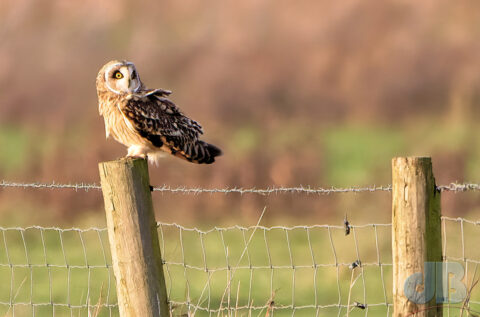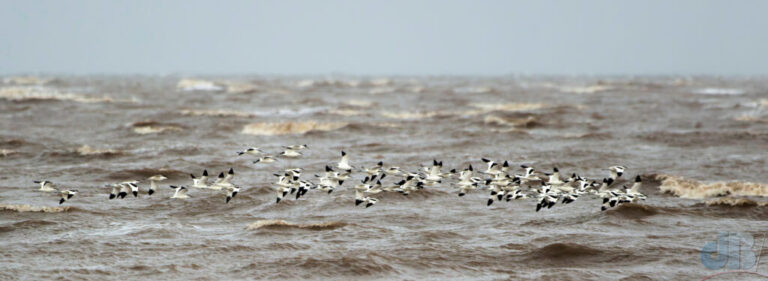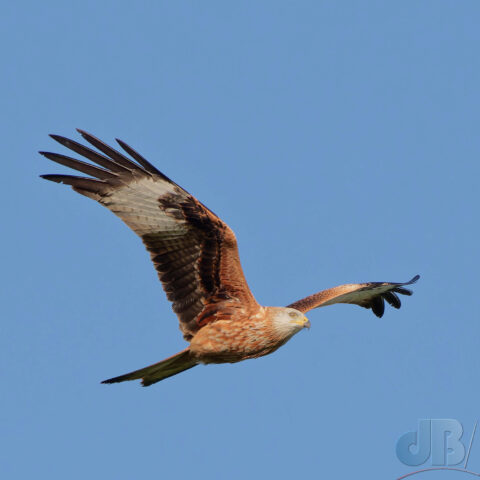TL:DR – An answer to the question why are so many science writers also birders?
Someone on social media asked me as a science writer why so many science writers are also birders. My initial thoughts were as follows: Well, to be a science writer, I think you have to be curious, analytical, interested in lots of stuff…a polymath. Birds are interesting, identification requires analysis, writing about them is fun and if you’re a togger [birder-photographer], you always have a decent photo to illustrate your article.

One possible explanation for the prevalence of birding among science writers is the concept of “flow.” Flow is a state of deep engagement and enjoyment that occurs when a person is fully absorbed in an activity that is challenging but also within their skill level. Birding can be a highly immersive activity that requires focus, attention to detail, and knowledge of ecology and behaviour. Science writing also demands a similar level of engagement and attention to detail. Thus, individuals who enjoy birding may be drawn to science writing because it provides a similar experience of flow. [In my case, I’d say it was the reverse, I was drawn to birding, because I had a scientific mind and was a science writer and wanted an additional creative outlet].

Another possible explanation is that birding can serve as a form of “nature therapy” that provides mental health benefits. Research has shown that spending time in nature can reduce stress, improve mood, and increase creativity. Science writing can be a demanding and intellectually stimulating profession, and birding may provide a healthy balance by allowing individuals to connect with nature and recharge their mental batteries.

Finally, it’s possible that there is simply a correlation between the personality traits that make someone a good science writer and those that make someone interested in birding. For example, curiosity, attention to detail, and a broad range of interests are all traits that are valued in both professions. Additionally, both birding and science writing are activities that can be pursued alone or in groups, providing opportunities for social interaction and a sense of belonging. [I definitely think of myself as a wannabe polymath, hence my “songs, snaps, science” motif].
Overall, while there is no definitive answer to why so many science writers are also birders, it’s likely that a combination of these factors plays a role. Regardless of the reason, it’s clear that the intersection of birding and science writing provides a rich and fascinating field of exploration.